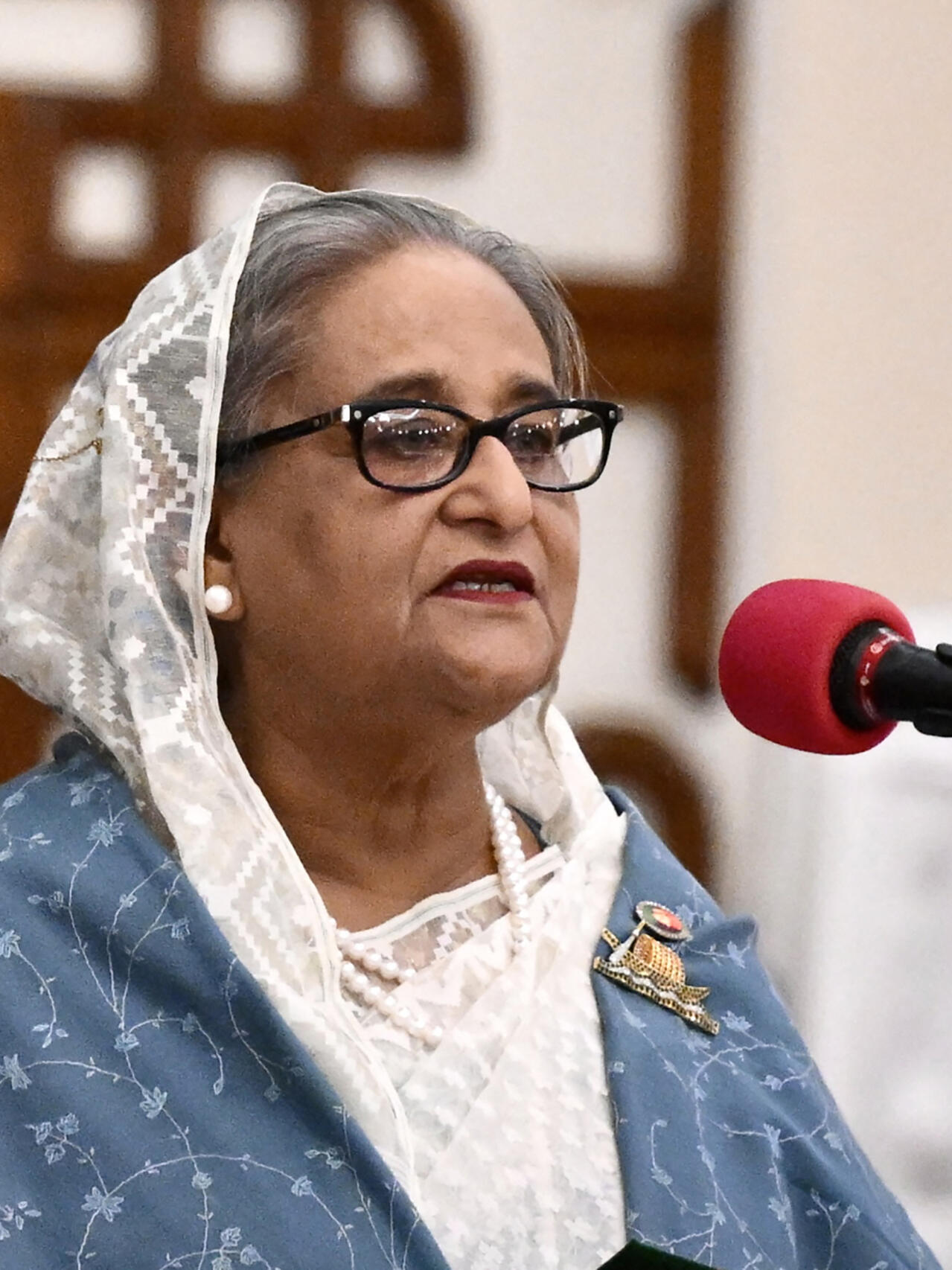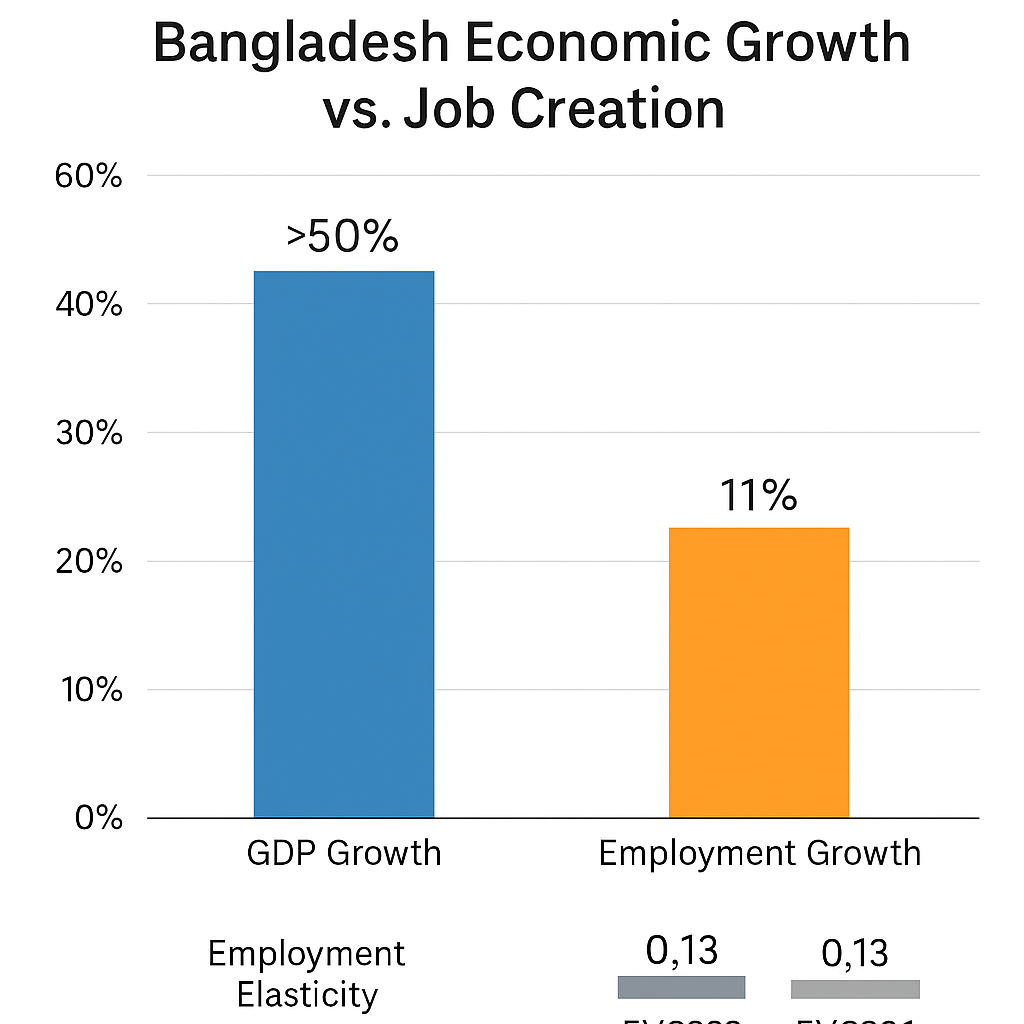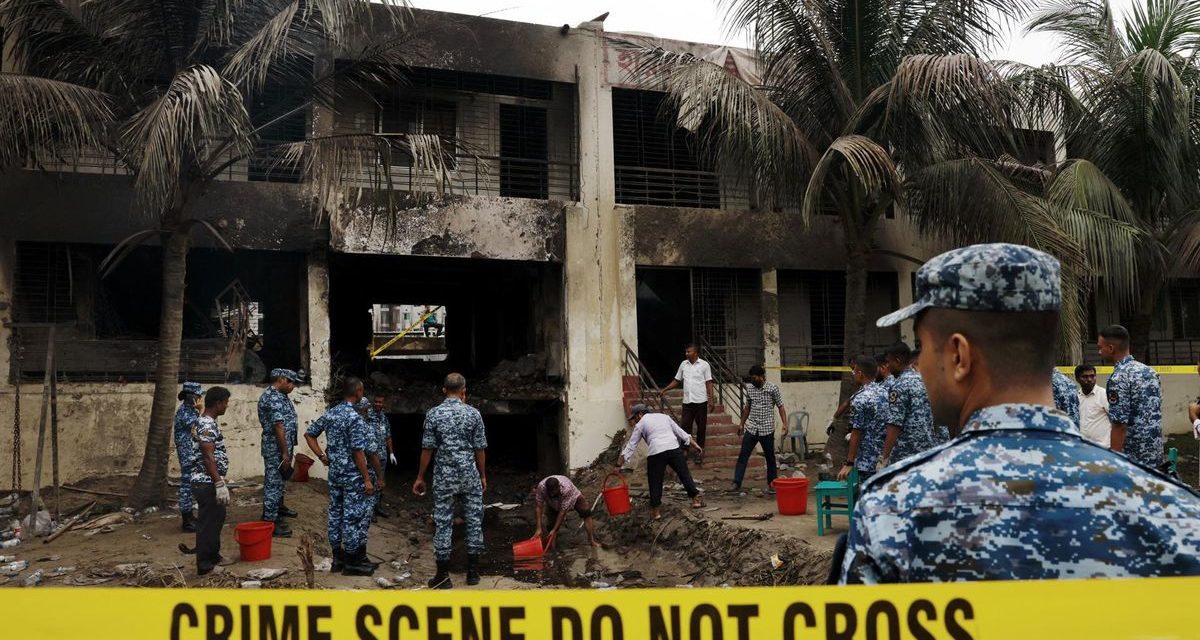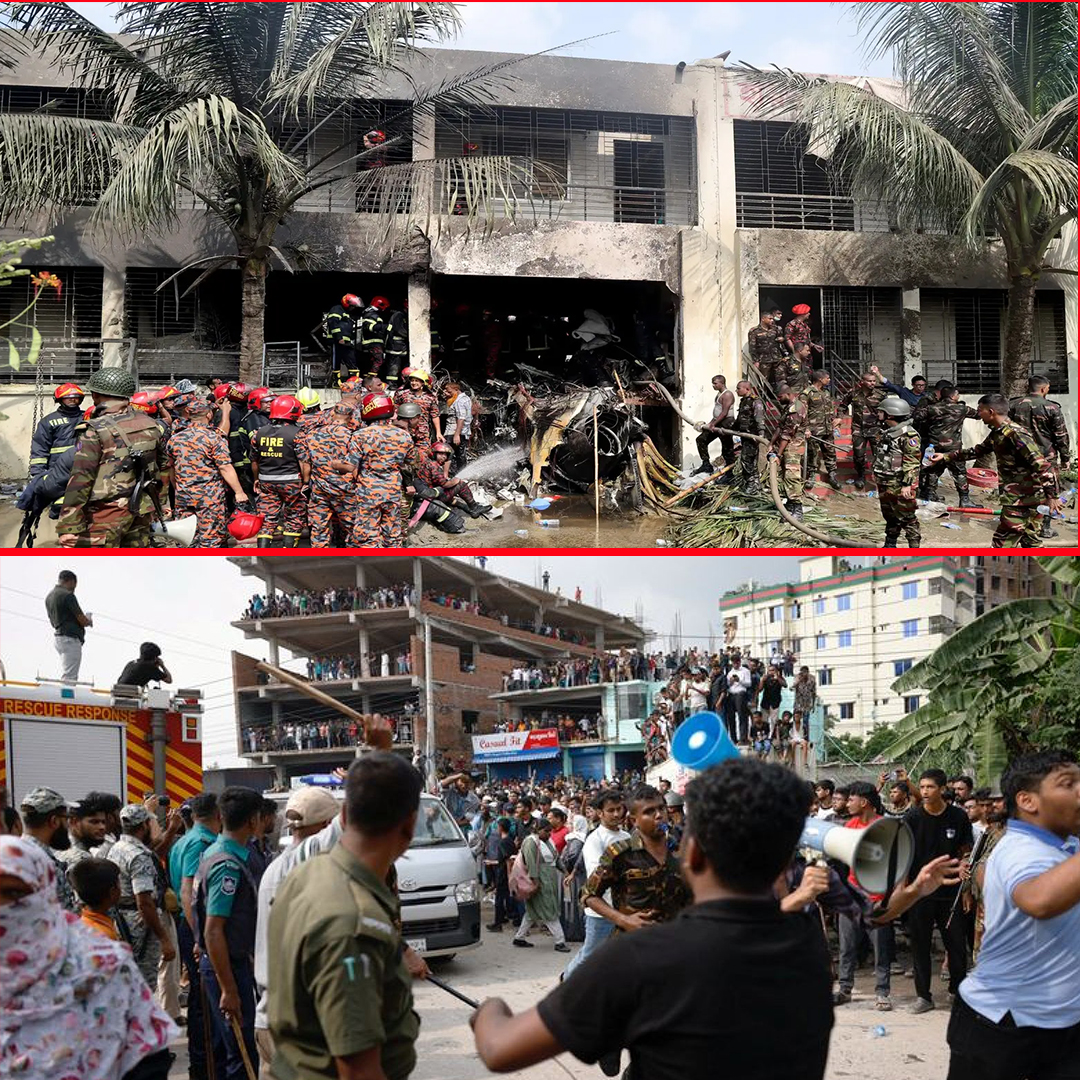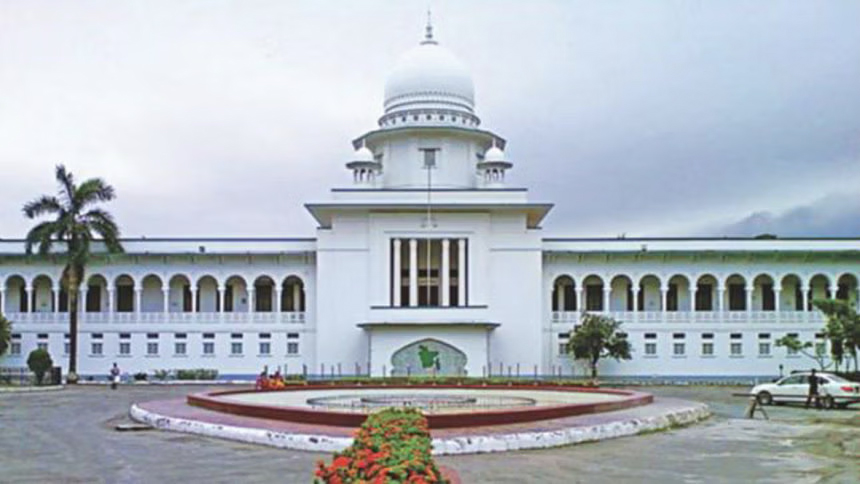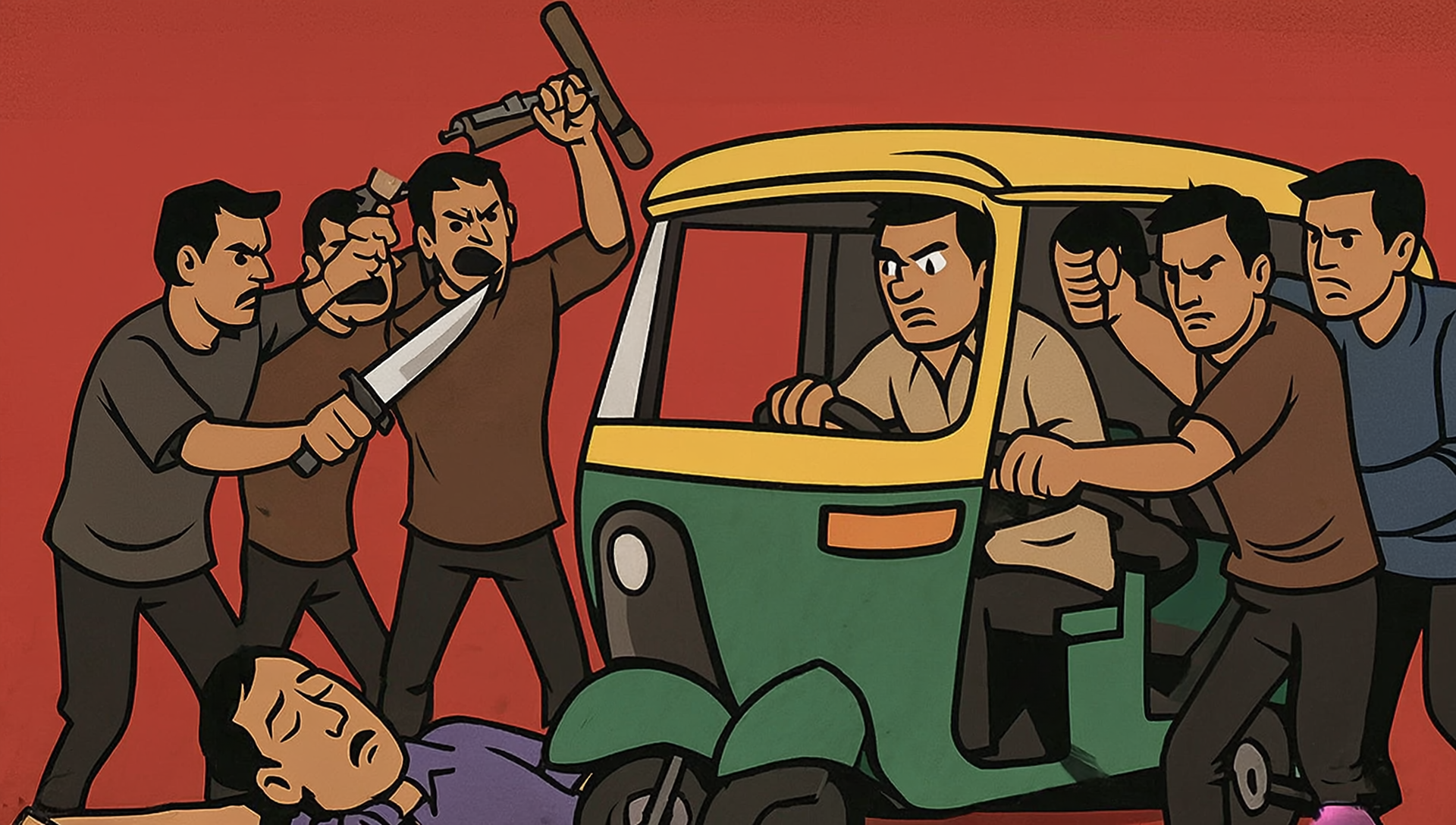
In Sirajganj, investigation reveals financial dispute motive as DB recovers stolen vehicle and secures confessions, prompting calls for enhanced driver safety measures.
In Sirajganj’s Belkuchi Upazila, a 24-year-old battery-run auto-rickshaw driver was murdered on the night of June 19, 2025, and his vehicle stolen in a premeditated attack. The victim, Islam Pramanik (son of Monirul Islam), failed to return home after his last trip; his body was discovered the next morning in the adjacent Kamarkhand Upazila’s Balrampur area, prompting his relatives to file a murder complaint and alert the Detective Branch (DB) of Sirajganj police for immediate investigation .
Investigative teams proceeded swiftly: within days of the complaint, DB officers arrested four suspects—two on the evening of June 23 and two more in the early hours of June 24—and recovered the stolen auto-rickshaw based on leads obtained during questioning and on-site inquiries . The accused were identified as Tuhin Mondal (40), Halima Khatun (40), Shahadat Sarkar (26), and Ashraful Islam (26). During a court appearance under Section 164 of the Code of Criminal Procedure, each confessed involvement in the killing and theft, resulting in remand orders and subsequent transfer to jail custody pending trial.
While initial official statements did not explicitly detail motive, law enforcement sources indicate that interpersonal and financial factors likely contributed to the crime. Investigation revealed the victim may have had close ties to at least one accused, and discussions of monetary disputes emerged in interrogations. It is typical in such cases for debts—potentially arising from informal borrowing or local gambling circles—to escalate tensions, leading to planned violence. Confirming exact motive and whether any external facilitators or accessory participants were involved remains a focal point of ongoing inquiry .
From a procedural standpoint, the case highlights critical elements of criminal justice operations in suspected homicide with related property theft. Prompt recovery of the stolen auto-rickshaw bolstered the evidentiary chain, suggesting credible leads and effective coordination between family-provided information and police fieldwork. Forensic examination of the crime scene—blood traces, weapon analysis if the murder weapon is secured, and examination of the victim’s personal belongings—will be essential to corroborate confessions and eyewitness testimonies. Any surveillance footage or digital footprints (e.g., mobile phone location data) could further strengthen the prosecution’s case. Simultaneously, defense counsel may examine whether arrest procedures, remand hearings, and interrogation protocols strictly adhered to legal safeguards, particularly concerning voluntariness of confessions and respect for suspects’ rights .
The human impact of this crime is profound. Auto-rickshaw drivers often depend on daily earnings to support families, and the sudden loss of both a life and livelihood places the victim’s dependents in immediate hardship. Community reactions in Belkuchi Union and surrounding areas are marked by shock, especially if any accused were personally known to the victim. Local civic leaders and administration can play a role in offering interim support: coordinating community-driven relief efforts, facilitating any state or NGO welfare assistance, and ensuring transparent communication about the legal process to reassure the family and wider public that justice is pursued diligently.
Law enforcement has signaled that the investigation remains active to uncover any broader network: individuals who may have assisted in planning, evidence disposal, or resale of the stolen auto-rickshaw. Financial tracing of sale proceeds is underway, and further interrogations may identify additional persons implicated in facilitating the crime. Community cooperation is encouraged via confidential tip lines or designated liaisons at the police station, ensuring potential informants can share relevant observations—such as unusual financial transactions, suspicious behavior around the time of the incident, or knowledge of disputes involving the victim—without fear of retaliation .
This incident underscores a recurring risk in semi-urban contexts: informal debt arrangements or gambling-related borrowing can precipitate lethal conflicts. To address root causes, local administrations, in collaboration with NGOs and microfinance entities, should consider initiatives for financial literacy, lawful credit access, and awareness of the legal consequences of violent actions. Community-based forums for dispute mediation could provide a nonviolent avenue for resolving interpersonal financial disagreements. Additionally, transport unions or driver associations might establish simple safety protocols—such as check-in systems for late-night trips, peer-alert mechanisms, or shared communication channels—to reduce individual vulnerability when operating alone.
Media coverage and public communication should balance timely factual updates with sensitivity toward the victim’s family. Reports must clearly distinguish confirmed investigative findings from speculation. Emphasizing procedural milestones—arrest dates, recovery of vehicle, confession recording, remand hearings, and charges filed—provides transparency about how the criminal justice system is handling the case. Future coverage can follow trial developments, including presentation of forensic evidence, witness testimony, judicial rulings, and sentencing outcomes, thereby reinforcing public trust and demonstrating accountability. If restorative measures—such as mediation regarding the victim’s family’s losses—arise during proceedings, these too may be mentioned to illustrate comprehensive justice approaches.
In summary, the Sirajganj incident of June 19, 2025 involves the luring and murder of a young auto-rickshaw driver, the theft and resale of his vehicle, swift Detective Branch investigation leading to arrests and confessions, and ongoing inquiries into motive and broader accomplice networks. The case reflects both effective policing and the urgent need for community-level interventions addressing informal debt practices and driver safety. As judicial processes continue, robust forensic and testimonial evidence will be critical, and transparent public communication can maintain trust. Concurrently, preventive strategies—financial literacy programs, safe-work protocols for drivers, and conflict mediation—should be advanced to mitigate the risk of similar tragedies in the future.
source : prothomalo


